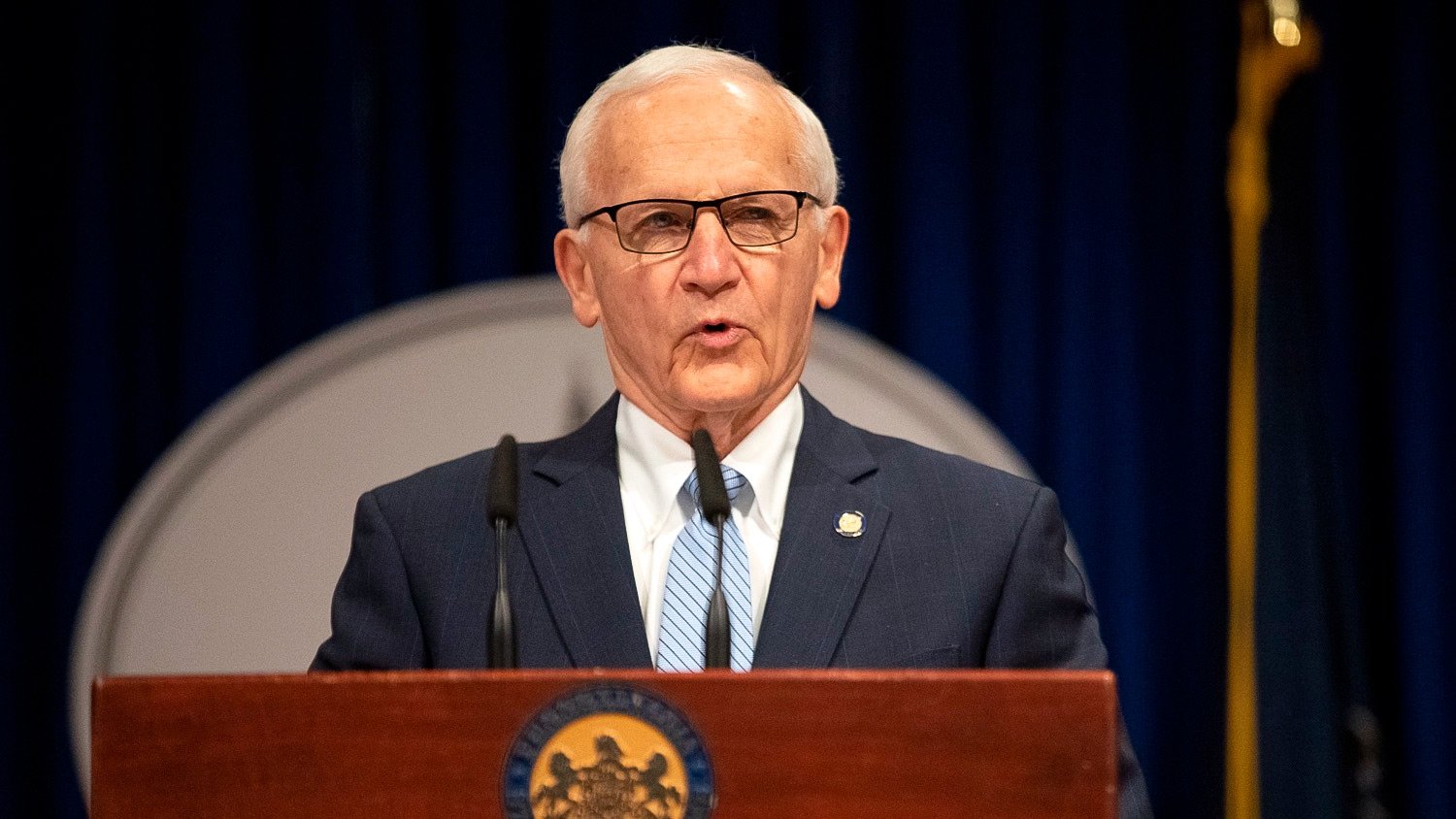Pennsylvania senator reintroduces bill to regulate skill games at 16% tax rate

Pennsylvania State Senator Gene Yaw has reintroduced legislation aimed at regulating and taxing skill games, signaling renewed momentum behind efforts to formalize the machines' legal status and use them as a revenue source for small businesses and veterans' organizations.
The measure, Senate Bill 626, proposes a 16% tax on skill-based video game machines, a rate identical to what Yaw proposed during the 2023-24 legislative session. That earlier bill failed to pass before the session ended in 2024, but Yaw remains committed to advancing the issue in 2025.
“There is broad recognition of the need to regulate skill games,” Yaw said in a statement. “But if we set the tax rate too high, we’re not regulating – we’re eliminating. Other proposals are being introduced that could drive skill games out of business entirely.”
Yaw has consistently argued that skill games offer critical revenue for small businesses, fraternal clubs, and veterans’ groups, which rely on the supplemental income from these devices to pay staff, manage operational costs, and support local communities.
“Without them, so many of the small businesses, veterans’ organizations, fraternal clubs, and taverns they support cannot, and will not, survive. I choose to support the economic backbone of Pennsylvania – our small businesses – over the corporate conglomerates,” Yaw said.
The legislation would designate the Pennsylvania Department of Revenue as the sole regulatory authority over skill games, while enforcement responsibilities would rest with the Bureau of Liquor Control Enforcement.
It also includes provisions to strengthen penalties against unlicensed operators and impose limits on the number of machines per establishment, preventing small venues from becoming casino-like environments.
Representative Danilo Burgos, who had introduced similar legislation in the House during the last session, is expected to back Yaw’s Senate bill. Burgos previously announced his intention to reintroduce his version of the legislation, emphasizing that the 16% tax rate could generate nearly $300 million in revenue in its first year.
“My legislation would levy a 16% tax on skill video game machines, which would bring in close to $300 million in revenue in the first year,” Burgos wrote. “The bill would also put skill games under the Department of Revenue’s oversight… to create more stringent regulations and require testing, registration, enforcement, and accountability.”
The issue remains politically charged, particularly around the question of taxation. Governor Josh Shapiro, in his 2025 budget address, proposed a significantly higher 52% tax on skill games, far exceeding the rate proposed by Yaw and Burgos.
That figure has drawn criticism from advocates of the lower tax model, who argue that a high rate could threaten the economic viability of the businesses that depend on these machines.
Pace-O-Matic (POM), a Georgia-based skill game manufacturer with a strong presence in Pennsylvania, expressed concern over the governor’s proposed tax rate. In a statement, the company said it was “disappointed” by the governor’s plan, warning that such a high rate would “hurt the thousands of Pennsylvania bars, restaurants, fraternal clubs, volunteer fire companies, VFWs, and American Legions that count on the supplemental income from skill games.”















































